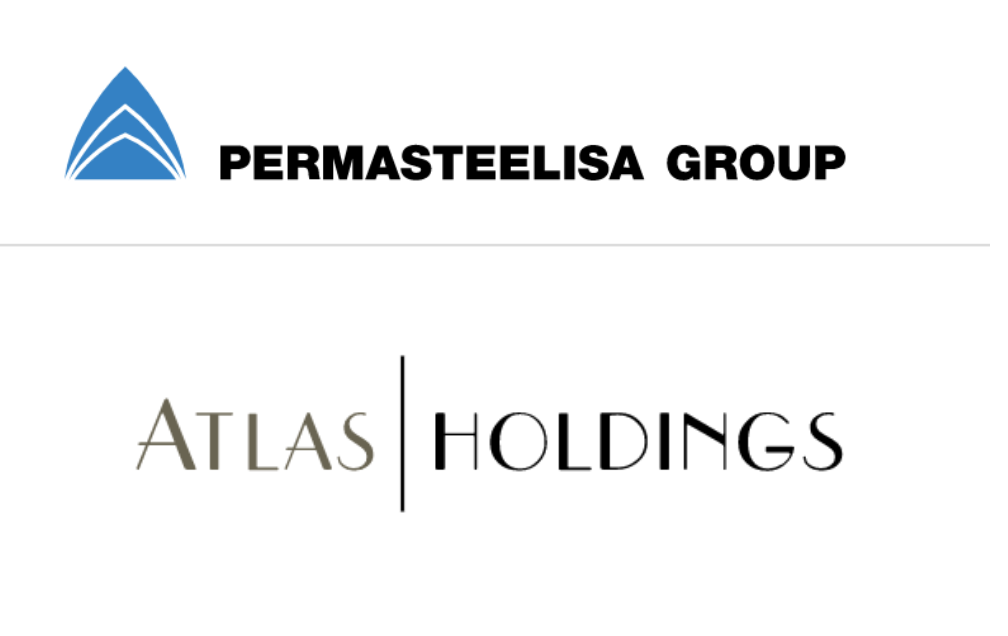The Japanese group Lixil has closed the agreement for the definitive sale of Permasteelisa to the US fund Atlas Holding. Lixil reported this in the past few days. Kinya Seto, ceo of Lixil, commented: “We are delighted to have reached an agreement that will allow Permasteelisa, a world-class company, to join the Atlas family and its global business group. We believe that Atlas is the owner ideal for Permasteelisa, as it boasts a solid reputation in terms of enhancing the human and financial capital necessary to strengthen business activities in the long term “(see the press release here).
The auction for the Treviso-based company, a leading global contractor in the engineering, project management, manufacturing, installation and after-sales services of advanced building facades, architectural envelopes and interiors, had been opened last Autumn (see here a previous article by BeBeez).
The auction opened after a no-deal for the sale to the Chinese of Grandland Holding, the parent company of Grandland Group, a giant in the sector of design and architectural decorations listed on the Shenzhen stock exchange (see here a previous article by BeBeez), had jumped in November 2018. That operation was announced in August 2017 for a value of 467 million euros (see here a previous article by BeBeez). The transaction was precisely stopped in November 2018, as it had not obtained the go-ahead from the Committee on Foreign Investment in the United States-CFIUS. Before the deal was announced with the Chinese, several private equity funds and in particular Alpha, Permira, Cinven, Pai and Carlyle participated in the auction for Permasteelisa in 2016 (see here a previous article by BeBeez).
Permasteeelisa, founded in 1973 and based in Vittorio Veneto, is known for completing the glass roofs of the Sydney Opera House, The Shard skyscraper in London, the headquarters of the Apple headquarters in Cupertino, California, Moma in New York the Unicredit tower in Milan and the Intesa Sanpaolo headquarters in Turin. It is present in 4 continents, with a network of over 50 companies in 30 countries and over 6,000 employees worldwide. Led by the new CEO Klaus Lother since May,
The company closed the fiscal year at March 31, 2018 with 1.28 billion euros of consolidated revenues (in line with March 2017), but an ebitda of only 29.6 million (from 20.9 million) and a loss normalized net income of 26.3 million (from -41.1 million), against a net financial debt of 295 million (a marked improvement from 382 million a year earlier). Between 2008 and 2011 Permesteelisa saw its order backlog drop in the developed countries where it was present and to survive it took projects in riskier areas, such as the Middle East, Azerbaijan, the Philippines and Thailand, accepting lower margins than the targets. This allowed her to survive, but led to longer lead times and higher costs than expected. It became necessary to clean up old projects and start a renovation, which also provides for greater selectivity in the choice of projects. In the fiscal year ended March 2019, with revenues of 1.12 billion euros, the losses related to old projects were recognized and Lixil cleared them up, so Permasteelisa is now solid in terms of assets and has a gross debt equal to zero. Since May 2019 the company has been led by the new CEO Klaus Lother.
Lixil Group Corporation is controlled by the conglomerate JS Group, which had taken over it in August 2011 from the Alpha Private Equity (40.8%) and Investindustrial (47.5%) funds and from the entrepreneur Lucio Mafessanti (11.7%) . Lixil is listed on the Tokyo and Nagoya stock exchanges. In 2011, the Japanese had paid 573 million euros to take over Permasteelisa (download the press release of the time here), based on a consolidated 2010 turnover of close to 1.1 billion and an ebitda of around 80 million. However, the sale to the old shareholders had yielded a check of 620 million euros, because they had paid a dividend of almost 50 millions just before the transfer to the Japanese giant.
Investindustrial and Alpha Private Equity had in turn acquired control of Permasteelisa in 2009 for 350 million euros, when they had acquired the capital shares in the hands of the hedge fund Amber and the entrepreneur Luigi Cimolai and then launched the public offer of purchase on the company, then listed onn the Italian Stock Exchange.



